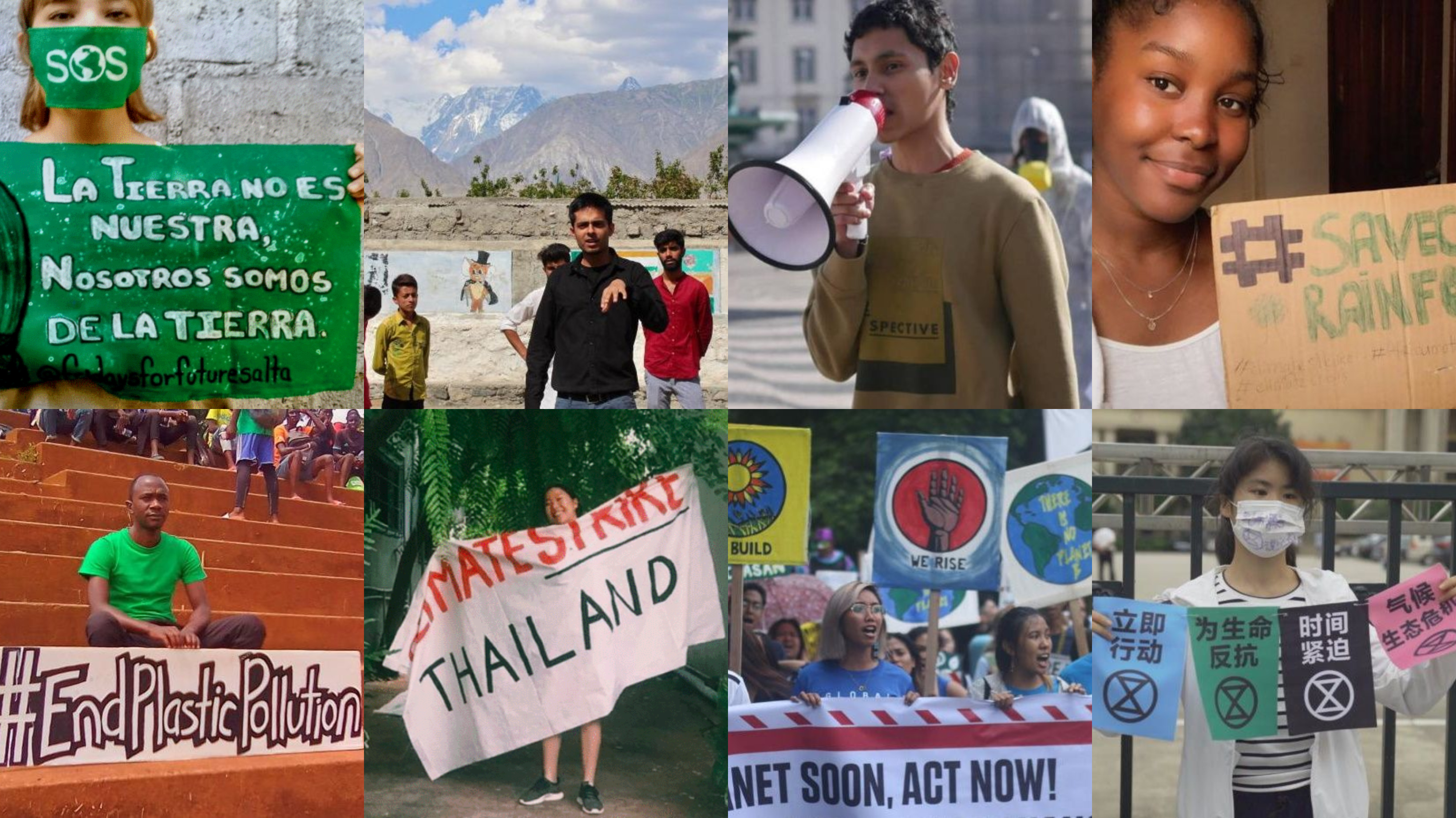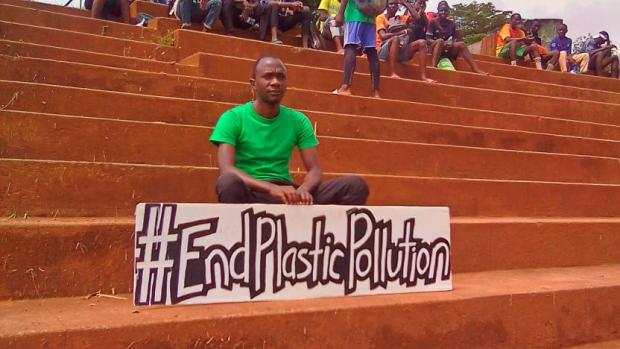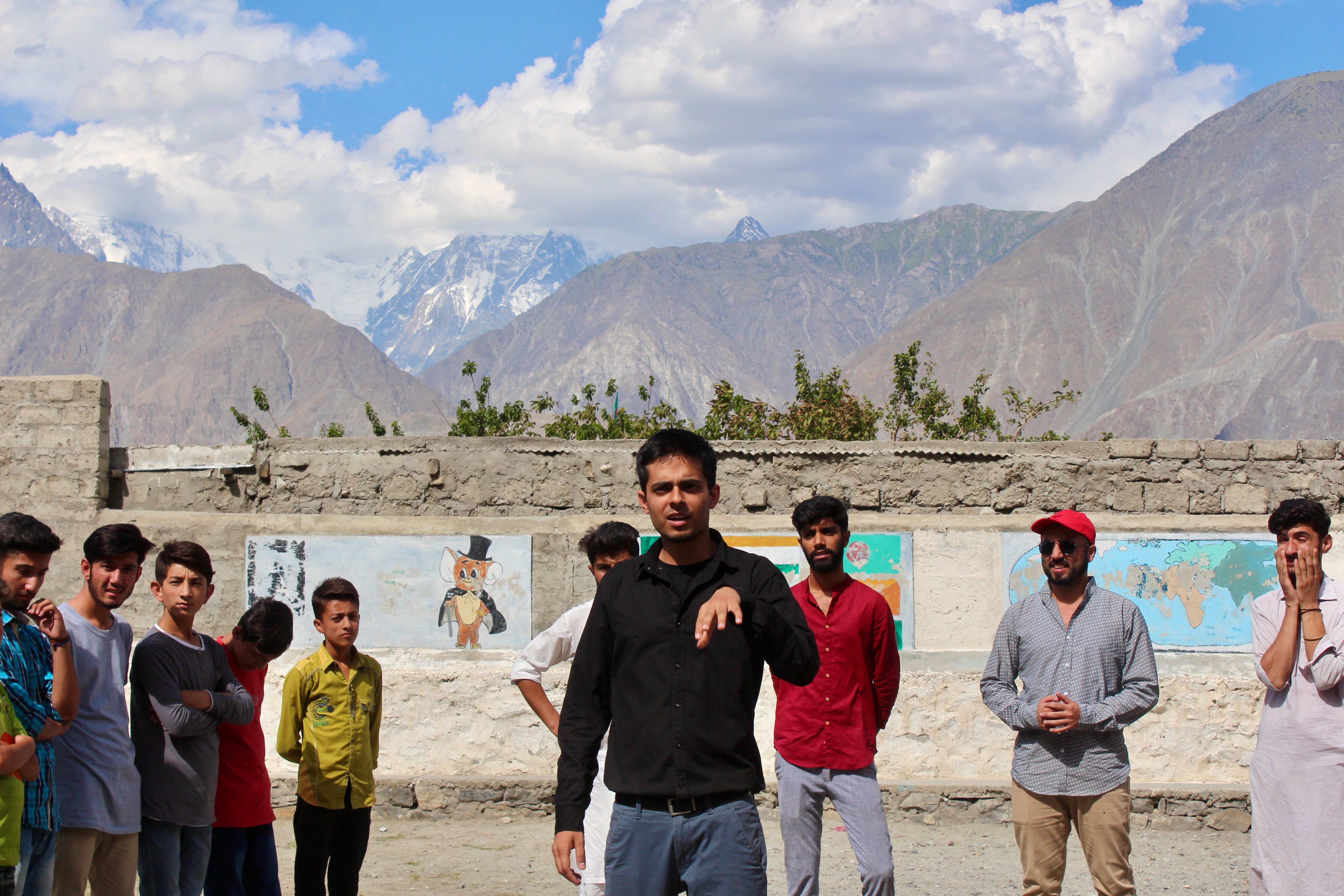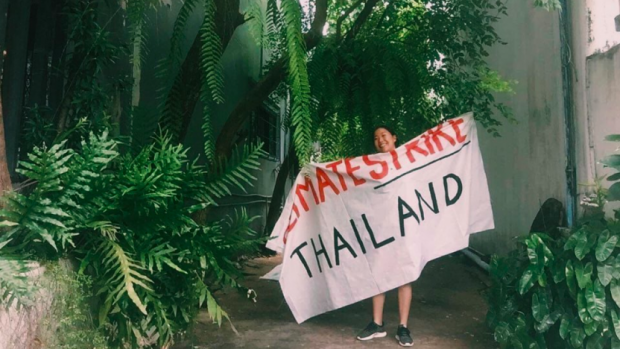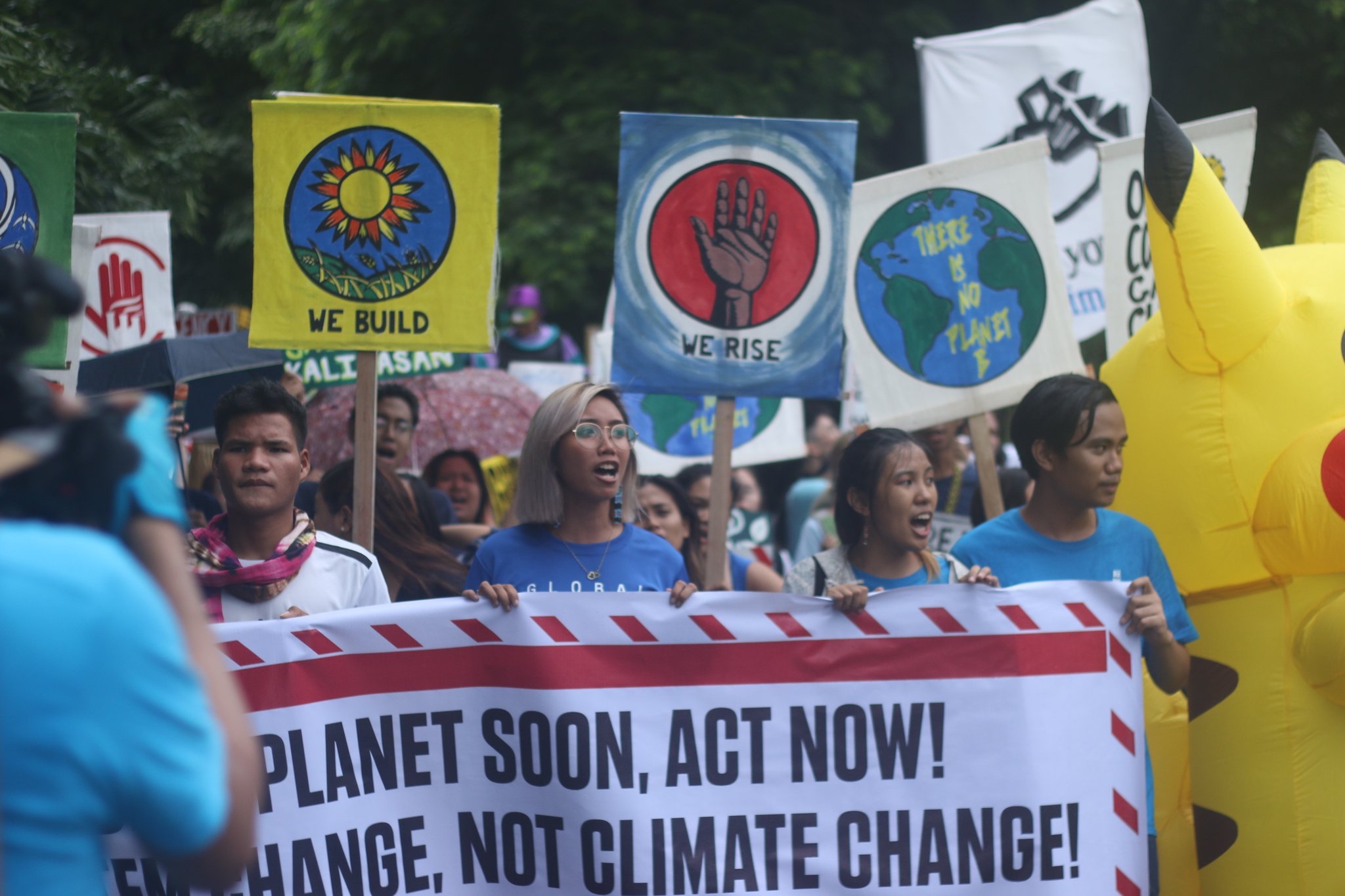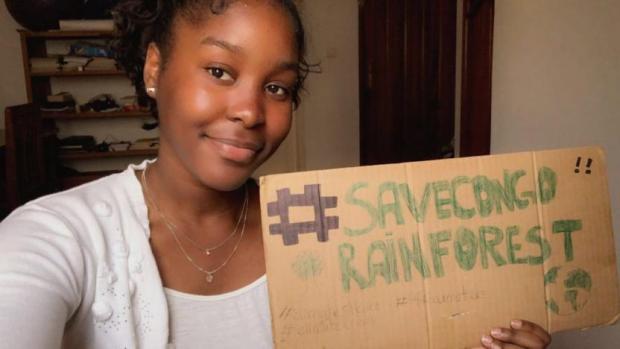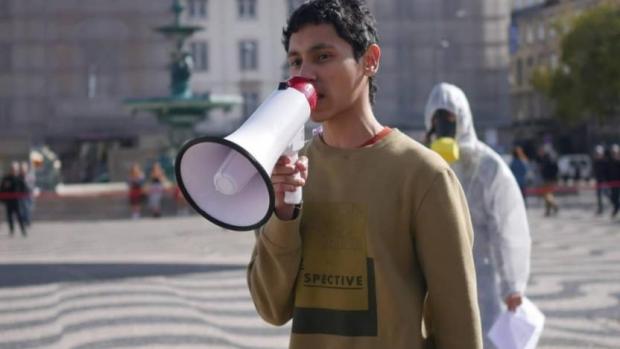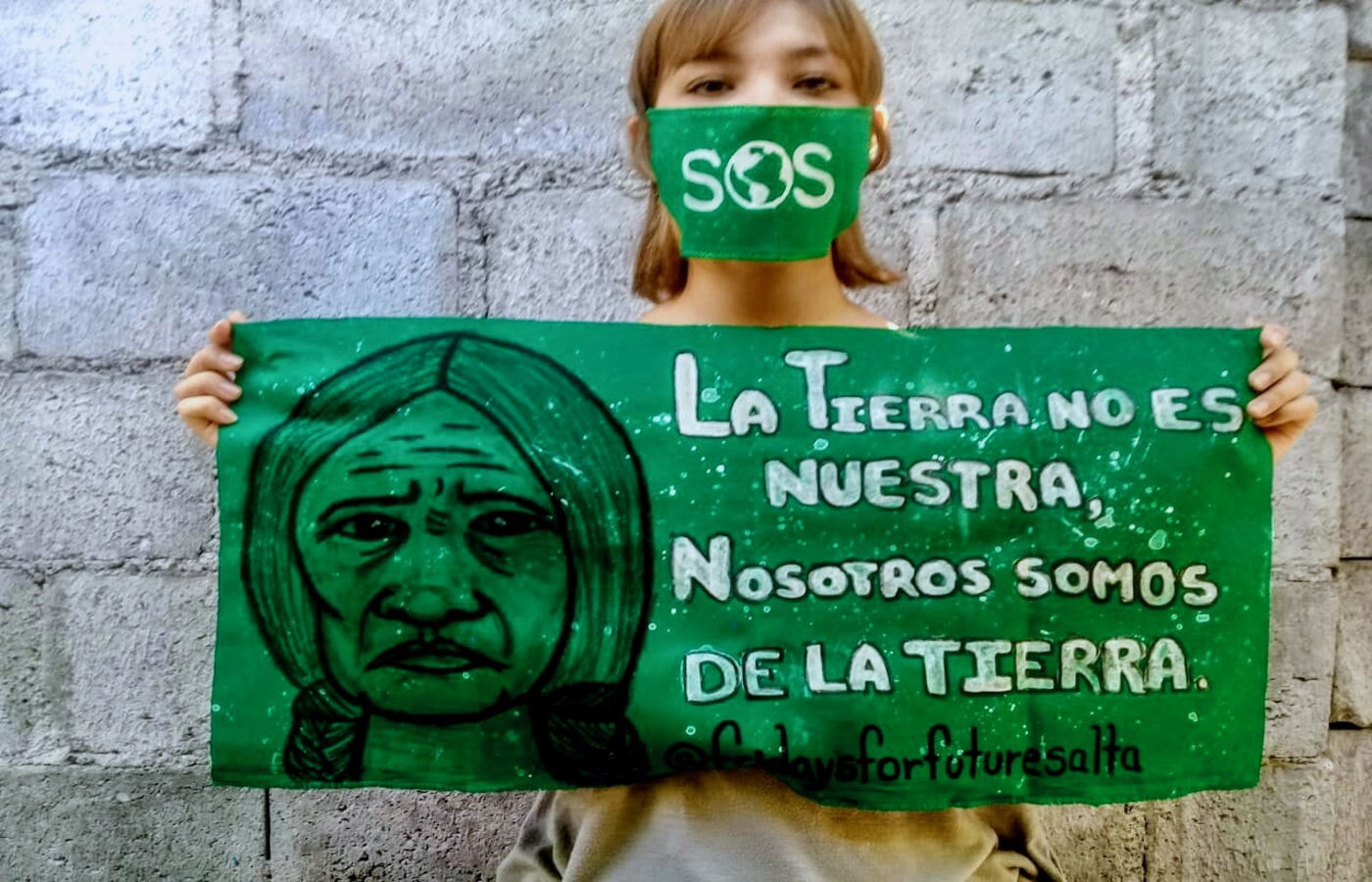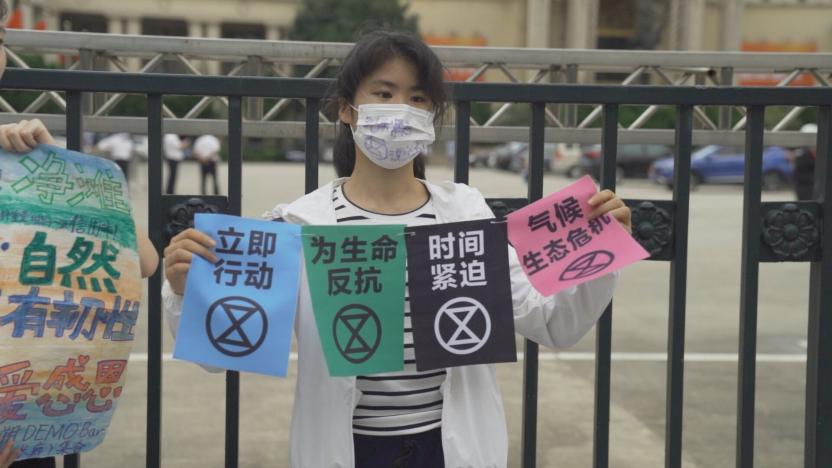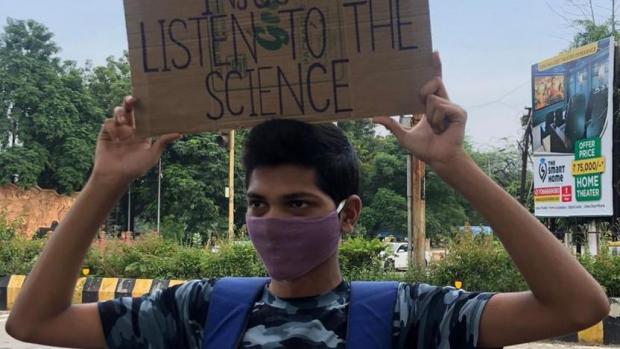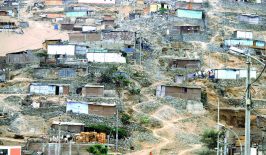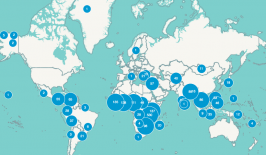While we are all affected by climate change, not all climate impacts are created, or distributed, equally. In the interview series “Voices of Climate Justice”, we talk to environmental activists from the Global South about their experiences, activism, opinions and hopes for the future. Read on to discover all of the interviews in the series.
Our physical health, the pollution levels in the air we breathe, our access to water and food – all of this and more is set to be (and in many cases already is) affected by climate change. But climate change is also an inherently social issue, and climate change impacts – from droughts to rising sea levels – affect key groups differently, often having disproportionately adverse impacts on historically marginalised or underserved communities, countries and even continents.
If we’re ever going to find a sustainable way out of the climate crisis, and secure a greener, fairer future for all, we need to ensure that discussions about solutions and alternative futures always include a diversity of different voices. We certainly won’t be able to stop climate change without the expertise and experience of those most affected by it. But when it comes to reporting on environmental (youth) activism, the media tends to focus on just one or two well-known – mostly European – faces.
In this series of interviews, RESET aims to take steps towards righting some of those wrongs by lifting up a number of underrepresented voices within the global climate movement. While people in the Global South are often may be among the most vulnerable to rising global temperatures, they’re also climate activists, educators and changemakers – fighting for a better world, innovating and inspiring others to tackle the issues that we as a planet face.
In this article you can find all of the interviews in the series, and it will be updated as new conversations are added. We wish you inspiring reading!
1. “We are a climate generation and this is our fight.” – Interview With Ugandan Activist Sadrach Nirere
All too often, the conversations around climate change erase the voices of the people who are most affected by it. In Interview #1 we talk to Sadrach Nirere, Communications Manager at Fridays for Future Uganda. Uganda is the youngest country on the planet right now, with 78% of the population below 30 years old, making it ideally placed for a youth-led climate activist movement. We talked to him about the effects of climate change on his community, the positive climate impact he is working to create and the role digital technologies have had on his activist journey.
Read the full interview with Sadrach Nirere.
2. “Teaching people about climate change is the first step in fighting it.” – Interview With Pakistani Activist Iqbal Badruddin
Pakistan is in a challenging position. The country emits only a tiny portion of the global greenhouse gases, but it is also predicted to be among the hardest hit by extreme weather events, including droughts and floods, in the wake of climate change. And on top of all that, there is very little awareness about climate change in Pakistani society, and about the need to fight it and adapt to its effects. In Interview #2, we talk to Iqbal Badruddin, founder of Fridays for Future Pakistan. about their work to raise awareness about the climate crisis, the role of digital and online media in their climate change education projects and the importance of bringing climate change into the school curriculum.
Read the full interview with Iqbal Badruddin.
3. “Everyone is part of the problem, but they can also be part of the solution.” – Interview with Thai Activist Lynn Ocharoenchai
The 2017 Global Climate Risk Index ranked Thailand among the top 10 countries in the world most affected by climate change. In Interview #3 in our Voices of Climate Justice series, we talk to Nanticha “Lynn” Ocharoenchai, founder of Climate Strike Thailand, a movement which is inspired by Greta Thunberg’s Fridays for Future school strikes. She has made it her mission to raise awareness among the Thai public about the dangers of climate change, demand action from those in power, but also stimulate and encourage behaviour change among every member of society. We talk to her about how people’s well-being is key to protecting the well-being of nature, the impact of the coronavirus on Bangkok and our mentalities, and the need for more empathy in society.
Read the full interview with Nanticha “Lynn” Ocharoenchai.
4. “It’s not about fighting for our future anymore, it’s about fighting for today.” – Interview With Filipino Activist Mitzi Tan
According to the latest Global Witness report, the Philippines is the second-most dangerous country in which to be an environmental activist. In 2018, it was number one. But the Philippines is also a country where collective grassroots action has resulted in huge successes for the environmental movement in the past – and civil society action continues to show passion and promise. In Interview #4 in our Voices of Climate Justice series, we talk to Mitzi Jonelle Tan, co-founder of Youth Advocates for Climate Action Philippines about what it’s like being an activist in the Philippines today, where the situation seems at the same time both inspiring and deeply insecure. We discuss the creativity that’s been born from their recent online protests, the need for companies and countries in the Global North to recognise their responsibilities, and her hopes that we can build back a more sustainable society in the wake of Covid-19.
Read the full interview with Mitzi Tan.
5. “The climate movement isn’t about individuals, it’s about unity.” – Interview With Senegalese Activist Maureen Damen
What’s it like to be a Fridays for Future activist in a country where striking for the climate isn’t really “a thing”? In Interview #5 in our Voices of Climate Justice series, we talk to Maureen Damen, the 16-year-old co-founder of Fridays For Future Senegal. She’s also founder of Rise Up Senegal, an international activist movement that seeks to amplify voices from Africa in the climate movement. We discuss what it’s like to take part in climate strikes in Senegal, the lessons she hopes the world has learned from the coronavirus crisis, the main issues that she wants to draw attention to with her personal protest (one of which isn’t in her own country at all, but instead on the same continent, nearly 5000km away) and the optimism she feels about people coming together to fight for a common goal.
Read the full interview with Maureen Damen.
6. “I believe we are strong enough to change how politics is done.” – Interview with Brazilian Activist Abel Rodrigues
In Interview #6, we talk to Abel Rodrigues, a socio-environmental activist from Belém, Pará, in the Amazon Region of Brazil – the state with the highest rate of deforestation in the country. Currently a law student at the University of Lisbon, he’s active in the Fridays for Future movements in both Portugal and Brazil, as well as also being one of the founding members of the regional group Fridays for Future Amazônia. Right now Abel is also busy coordinating the international SOS Amazônia campaign which is fighting to combat Covid-19 in the Amazon Rainforest and protect those on the front line of the climate emergency, the indigenous peoples of Brazil, from the double threat of climate change and the coronavirus. We talk to Abel about holding politicians accountable, the power of unity and the role of digital tools in allowing anyone, anywhere, and regardless of how much time you have to spare, to become an environmental activist.
Read the full interview with Abel Rodrigues.
7. “Read, get informed and have empathy!” – Interview with Argentinian Activist Jennifer Villarroel
In this interview we talk to Jennifer Villarroel, a climate activist from the city of Salta, in northwestern Argentina, one of the provinces that make up this area of the country. While grassroots initiatives to protect the country’s environment have been successful in the past, environmental researchers suggest that the current government has a lack of interest in enforcing environmental protection laws and provides insufficient funds to finance conservation policies. And deforestation is only one of a whole host of environmental and climate issues that the country is facing. Jennifer talks to us about her belief that citizens have a right and a duty to demand a healthy environment from their governments, her hope that we will learn from the aftermath of Covid-19, media censorship and the powerful role of digital tools in Argentina in giving a platform to people whose voices too often go unheard.
Read the full interview with Jennifer Villarroel.
8. “We need you to act. Join us!” – Interview With Chinese Activist Howey Ou
Known as China’s “first climate striker”, Howey skipped classes for a week in May 2019 to protest in front of government offices. Her story went viral on social media, but her protest was cut short by police, she was interrogated by public security officials and she claims she was effectively barred from returning to school until she gives up her activism.
It‘s not surprising, then, perhaps, that this interview was a long time in the making. Communication with Howey was a challenge, as she had to send her answers to our questions to us as voice messages via an encrypted messaging app. In this interview, RESET talks to Howey about the need for more environmental education, how the internet and social media (accessed via a VPN) were her gateway to the international Fridays for Future movement and what she does to recover when the pressure all gets too much.
Read the full interview with Howey Ou.
9. Digital Advocacy & Dogged Determination – Interview with Indian Activist Abhinav Lohkare
Every year, devastating floods kill people and critically endangered animals in Assam. While annual floods are a traditional part of Assam’s ecosystem, anthropogenic factors – including climate change and relentless deforestation – have intensified these natural events, leading to annual periods of destruction. Models predict that the effects of these floods will only worsen each year. Abhinav began to campaign with Fridays for Future and Extinction Rebellion India, taking advantage of digital tools to mobilise people, spread the word about environmental injustice, and put pressure on the decision makers. Undaunted by government oppression, he’s determined to stand up for the people and animals of Assam.
